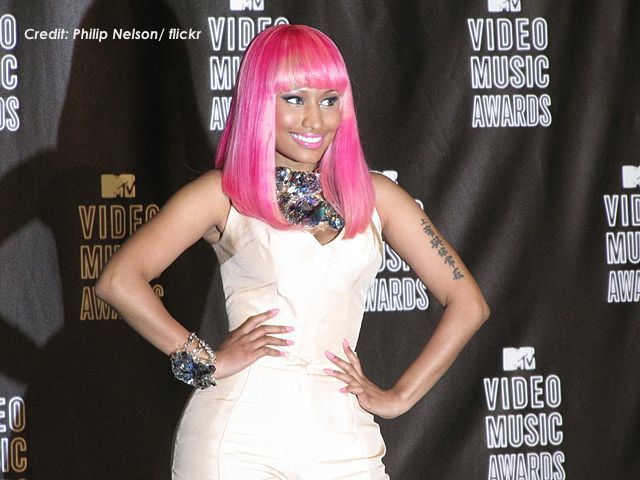Last week, two articles came out on this site about Black women. One of them was about Nicki Minaj and the way media tried to force a “beef” between her and Taylor Swift. The other was a reflection on the death of Sandra Bland. On the latest Arsenal for Democracy radio show, Maria (the writer of the Sandra Bland article) and I tried to articulate how these two things are connected in terms of the lives of Black women. (You can listen to a clip here before reading the rest below.)
Still, I feel the need to make this important point: Black people are allowed to care about both.
There is a quiet suffering that is expected especially from Black women the moment tragedy hits our communities. With every case of a Black man’s death at the hands of police or racist vigilantes, after the gruesome videos of death that are becoming more and more common since last year, there has then been a video of a grieving mother, sister, wife, or daughter who — when asked over and over again about the death of their family member — is expected to give calm and even-voiced answers. If ever they stray away from that restrained grief, if ever they show anger towards the person who murdered their family, their emotions are considered too aggressive. When Eric Garner’s widow refused to accept the condolences of the man who killed her husband, it was a shock for some to see her react so negatively at a press conference.
The same attitude is used against Black people as a whole. This week, after the death of Cecil the Lion in Zimbabwe, outraged protesters gathered at the office of the dentist who killed him. On the internet, Black people began to compare the outrage over Cecil’s death with the lack of outrage shown over the deaths of so many Black people at the hands of police over the past year. It wasn’t long before people began to accuse Black people online of not caring about Cecil’s death and accusing us of being myopic in our fight for justice.
While I cannot and will never claim to speak for all Black people, I can say this for sure: we are capable of caring about two things at once. Despite stereotypes about our ignorance, Black people have long been able to deal with the oppression of systemic racism and also other issues as the same time.
It is not our responsibility to forgive those that are killing us. Nor is it our “place” to ignore when our lives aren’t treated with the same dignity as the lives of anything else, including wildlife. Not only that but we also have a right to take a break from dealing with systemic oppressions day in and day out. We are people, just like you, and because of that we’re not only capable of focusing on multiple issues, we’re also capable of taking a break from that when the weight of the world is too much for us.
And I'm not mad at folks burning up TLs about Drake/Meek. We are in a state of trauma right now. A mental break is okay. We must stay sane.
— Ava DuVernay (@AVAETC) July 31, 2015
We can care — and talk — about several things at once. Stop telling us which ones to focus on.








